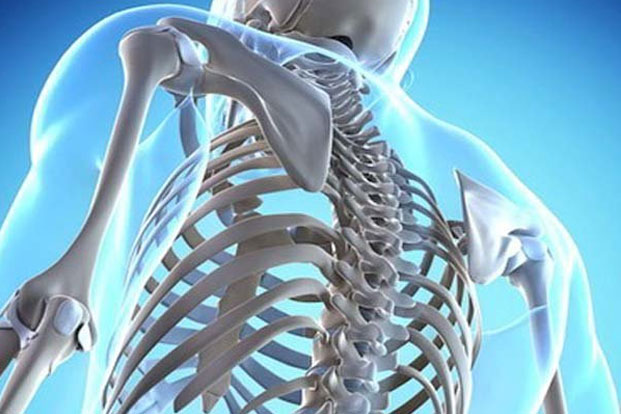Bone Health
Apr 19, 2022
Bone Health is exceptionally important for all. Men and women post the age of 40 have to lay special emphasis on bone health as the risk of developing osteoporosis and suffering from bone thinning becomes higher. Women are at higher risk of developing bone health issues and suffering from the same. Nutrition and a special focus on exercise can help prevent bone health issues. Some of the superfoods can help your body build immunity and stamina. Refer to the list below for some food items, lifestyle changes and aspects that can help you be more healthy and bone rich.

Special foods to prevent bone health issues:
- Eat calcium-rich foods:
In addition to dairy products, choose fish with bones such as salmon, sardines or whitebait. For additional benefits, serve them with a side of dark leafy green vegetables or broccoli. Almonds, dried figs, fortified tofu and soy milk are also calcium-rich choices.
- Add D to your day:
To help absorb calcium, most adults need 1,000 to 2,000 IU of vitamin D daily. Combined calcium-vitamin D pills usually do not meet this requirement. And most of us do not get enough vitamin D the old-fashioned way — from the sun. Taking a vitamin D supplement will ensure you meet your daily needs.
- Start weight-bearing exercises:
To boost your bone strength, try an exercise that loads or compresses your bones. Running, jogging, high-impact aerobics, repetitive stair climbing, dancing, tennis, and basketball are best for building bones. Be sure to clear any exercise plans with your doctor first.
- Don’t smoke, and don’t drink excessively:
Bad news for bad habits: Loss of bone mineral density is associated with tobacco use and excessive alcohol consumption. If you smoke, look into a program to help you quit. If you drink, stick to no more than one libation a day.
- Consider medication:
Premenopausal women may consider hormone therapy to increase waning estrogen levels, which are linked to bone loss. And women and men diagnosed with osteopenia or osteoporosis can take various medications to prevent dangerous hip and spine fractures. Talk to your doctor about options such as bisphosphonates, teriparatide or denosumab. And remember none of these medications works without calcium and vitamin D as building blocks.





